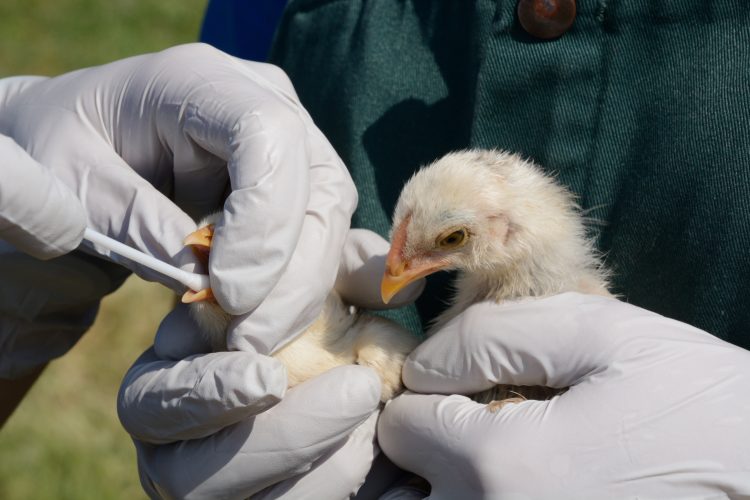Second case of avian influenza confirmed in Anglesey
- Like
- Digg
- Del
- Tumblr
- VKontakte
- Buffer
- Love This
- Odnoklassniki
- Meneame
- Blogger
- Amazon
- Yahoo Mail
- Gmail
- AOL
- Newsvine
- HackerNews
- Evernote
- MySpace
- Mail.ru
- Viadeo
- Line
- Comments
- Yummly
- SMS
- Viber
- Telegram
- Subscribe
- Skype
- Facebook Messenger
- Kakao
- LiveJournal
- Yammer
- Edgar
- Fintel
- Mix
- Instapaper
- Copy Link
Posted: 24 October 2022 | Grace Galler | No comments yet
In the UK, the second case this month of avian influenza has been confirmed in Anglesey by the Welsh Government.


The second case of avian influenza this month in Anglesey, Wales, has been confirmed by the Interim Deputy Chief Veterinary Officer for Wales, Gosia Siwonia.
Avian influenza, commonly known as bird flu, is a highly pathogenic and contagious disease that occurs mainly in birds – and can be deadly, particularly among domestic livestock. Anglesey was also hit by bird flu back in 2021, whilst an outbreak in Pembrokeshire – also Wales – occurred in September this year.
There are various strains of bird flu, but the latest case on a poultry site in Anglesey is known as ‘H5N1’. This strain has been around since 1997 and, according to the NHS, can affect humans as well as birds, although this is rare.
To prevent the spread, a 3km protection zone and a 10km surveillance zone has been declared around the infected premises.
Within these zones, bird movements and gatherings are restricted and all holdings that keep birds must be declared.
The measures are notably stricter in the 3km protection zone. For more information about the measures in such zones, click here.
Record avian flu epidemic forces 48 million birds to be culled
The Welsh Government has stated that for bird keepers, it is vital to remain vigilant in order to maintain high levels of biosecurity. But UK health agencies, as well as UK food standards agencies, have reassured that the risk of avian influenza to public health and safety is very low.
As issued by the Welsh Government, the advice for people who keep birds is as follows:
- All keepers of kept birds should be vigilant for signs of the disease such as increased mortality, respiratory distress and drops in food or water intake, or egg production
- Consult your veterinary surgeon in the first instance if your birds are unwell
- If you or your vet suspect that avian influenza could be causing illness in your birds, you must, by law, report this to the Animal and Plant Health Agency (APHA). This will trigger a disease investigation by APHA vets
- You must apply strict biosecurity measures to prevent any materials, equipment, vehicles, clothing, feed or bedding that could have been contaminated from wild birds coming onto your premises. Full details and checklist are available here.
Related topics
Environment, Food Safety, Food Security, Outbreaks & product recalls, Regulation & Legislation, Supply chain, Trade & Economy








